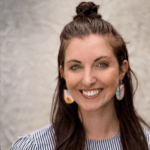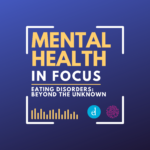-
Networks
About Networks
Continue readingConnecting mental health practitioners to improve multidisciplinary mental health care in Australia.
-
Webinars
Webinars
Learn moreMHPN’s interactive webinars feature case-based discussions and Q&A sessions led by top experts, modeling multidisciplinary practice and collaborative care.
-
Podcasts
Podcasts
All episodesMental Health in Practice is a podcast for health professionals working across the mental health system, featuring conversations grounded in real-world experience. Each episode brings together perspectives from clinical practice, research, and sector expertise to explore contemporary mental health care.
-
Compilations
Compilations
All compilationsExtend your knowledge and explore the following curated compilation of webinars, podcasts and networks, highlighting selected topics of interest.
About Networks
Connecting mental health practitioners to improve multidisciplinary mental health care in Australia.
Podcasts
Mental Health in Practice is a podcast for health professionals working across the mental health system, featuring conversations grounded in real-world experience. Each episode brings together perspectives from clinical practice, research, and sector expertise to explore contemporary mental health care.
Webinars
MHPN’s interactive webinars feature case-based discussions and Q&A sessions led by top experts, modeling multidisciplinary practice and collaborative care.
Compilations
Extend your knowledge and explore the following curated compilation of webinars, podcasts and networks, highlighting selected topics of interest.


















